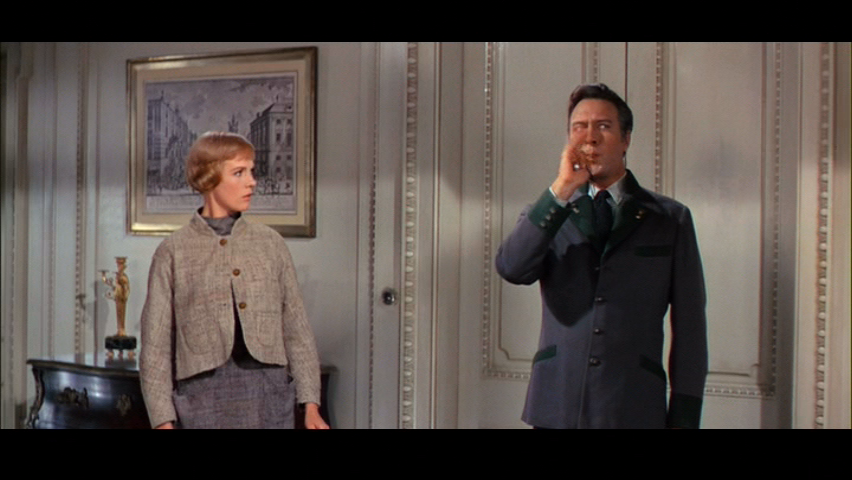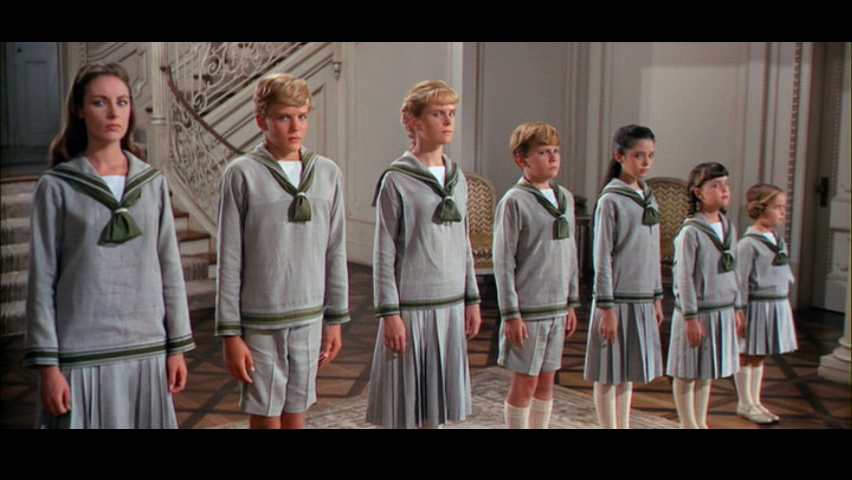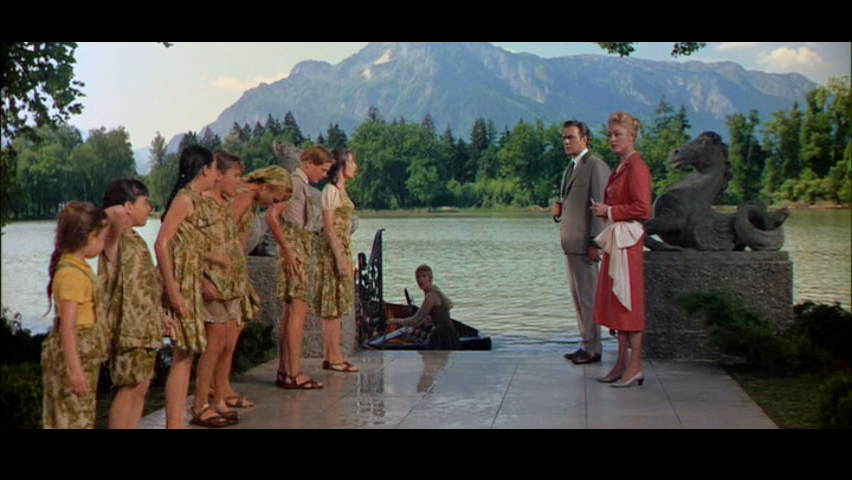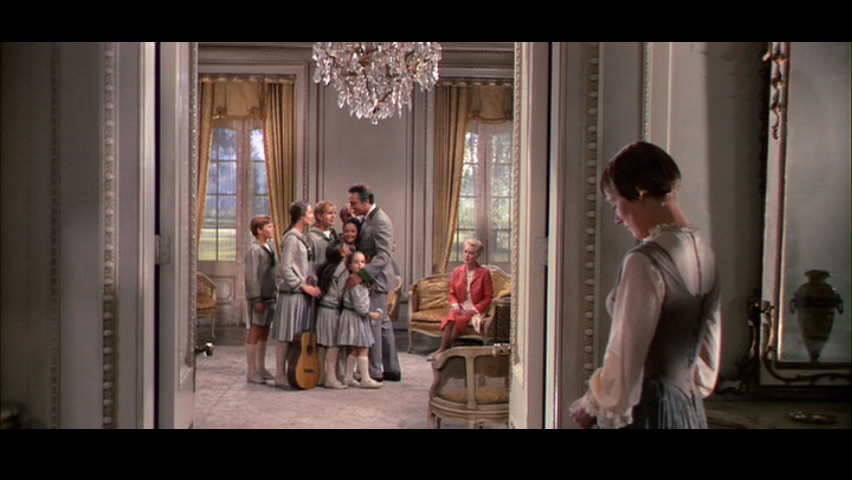There’s a big difference between 100 km and 10 km, but when I began riding again a couple of months ago, there didn’t seem to be much of a difference between the two as far as my legs were concerned.
So when I took off this morning on a favorite ride, a ride I’d done seemingly countless times, I knew the ride, at a distance more than double the longest “ride” I’d gone on in the last few weeks, would be tough on me.
But the ride through Lipnica Mała to the base of Babia Góra then through the whole of Lipncia was a favorite. More than once I’d headed out for a quick ride after a day of teaching with no real idea where I was going and ended up making this loop.
With the views it was an obvious choice. Today, though, it was just as much the views along the way that fascinated me. While Jabłonka has really developed a lot, the villages of Lipnica Wielka and Lipnica Mała are relatively untouched. There are a few more houses, and some of the older houses have been renovated, but by and large, the villages look the same.
One other change became evident when I reached the end of Lipnica Mała: the formerly deeply-rutted road from the end of the village to the roughly-paved road that runs along the base of Babia was now a well-paved little street.
Of course, the forest itself hadn’t changed, nor had the sound of the wind through the trees, which sounded almost tidal.
Once I got to the base of Babia, though, I virtually forgot about the camera as I made my way up the most challenging portion of the ride.
It was at this point that I really understood, in a deeply muscular way, that my legs are nothing like they used to be.
The worst part of it is the memory, knowing that those climbs used to be no problem at all for me. I was winded at the top of several of the climbs, but I didn’t have to stop to catch my breath and give my burning legs a chance cool down. I didn’t stop and comment aloud to myself about the stupidity of the whole idea of tackling such a ride when so completely unprepared.
But somehow I survived, ate some lunch, and took the Boy out to help wash the car before tomorrow’s wedding.

























 Every day there is a woman who balances on the edge of the first seat of the bus, getting off around two or three stops after I get on. She has short hair which is frayed and silvery. Her body is more round than the average Pole, and she always wears a skirt with a gray sweater, and her veins stand out clearly on her pale legs. A couple of days ago the bus driver applied a bit too much force [on the brake pedal] a bit too quickly. She tumbled out of her seat with a thud and cracked her head against the door of the glass enclosure around the driver. No one offered to help; no one asked her if she was okay. We PCVs stood watching, remembering that Chrissy told us that it is often better not to get involved. A bit ironic, for it is too late for us not to get involved . . .
Every day there is a woman who balances on the edge of the first seat of the bus, getting off around two or three stops after I get on. She has short hair which is frayed and silvery. Her body is more round than the average Pole, and she always wears a skirt with a gray sweater, and her veins stand out clearly on her pale legs. A couple of days ago the bus driver applied a bit too much force [on the brake pedal] a bit too quickly. She tumbled out of her seat with a thud and cracked her head against the door of the glass enclosure around the driver. No one offered to help; no one asked her if she was okay. We PCVs stood watching, remembering that Chrissy told us that it is often better not to get involved. A bit ironic, for it is too late for us not to get involved . . .